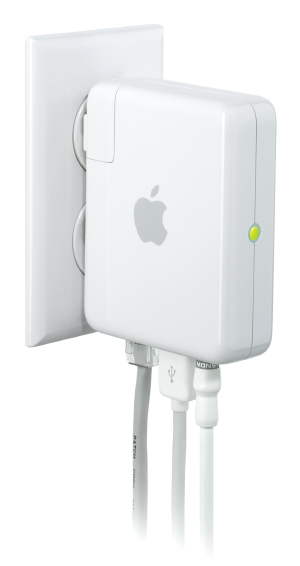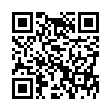MacSpeech Dictate Profiles
Looking to improve recognition accuracy in MacSpeech Dictate? When recording, consider that ambient noise levels vary between locations. By creating a tailored profile for each location in which you record with MacSpeech Dictate, you can be assured of receiving optimum speech recognition accuracy.
Visit MacSpeech Dictate
Submitted by
Donald MacCormick
Recent TidBITS Talk Discussions
- Alternatives to MobileMe for syncing calendars between iPad/Mac (1 message)
- Free anti-virus for the Mac (20 messages)
- iTunes 10 syncing iPod Touch 4.1 (2 messages)
- Thoughts about Ping (16 messages)
Published in TidBITS 919.
Subscribe to our weekly email edition.
- AT&T Offers Unlimited Voice Use iPhone Plan
- Apple Releases Updated AirPort Utility for Tiger, Leopard, Windows
- DealBITS Drawing: Win a Copy of IPNetMonitorX
- Updated Paste Plain Text AppleScript for Word 2008
- SmartSleep Solves Safe Sleep Situation
- Automating Text-to-Speech Video Narration
- Vista Woes Aired in Internal Microsoft Email
- Take Control News: Updated Help for Switching to the Mac
- Important Updates Released for Office 2008 and 2004
- Bedding Down with a MacBook Air
- TidBITS Watchlist: Notable Software Updates for 17-Mar-08
- Hot Topics in TidBITS Talk/17-Mar-08
Apple Releases 802.11n AirPort Express
The venerable AirPort Express now sports 802.11n, the fastest flavor of Wi-Fi, while weighing in at a light-on-the-pockets $99 in the United States. Apple released its revised compact base station today. The AirPort Express can also stream music from iTunes over a network through a built-in combo analog and digital optical audio port using AirTunes, a protocol that Rogue Amoeba's Airfoil extends to allow any streaming audio output from a Mac or Windows system (see "Airfoil Plays Home Audio Wirelessly," 2008-03-10).
The AirPort Express was introduced in 2004 as a cheaper alternative - at $129 - to the then-pricey AirPort Extreme Base Station (introduced the previous year at $299), while adding the audio streaming option. When the 802.11n AirPort Extreme was released in February 2007 at the current $179, the AirPort Express remained in the catalog with no changes, except a drop in price to $99.
The 802.11n draft standard, currently certified by industry trade group The Wi-Fi Alliance, has reached enough equilibrium that you should be able to mix and match so-called "Draft N" devices with the certified label from different manufacturers. Increased range is a key advantage of 802.11n: multiple internal antennas can extend the distance by which you can get a useful signal by a factor of two to four (Apple is claiming just "up to...twice the range").
The AirPort Express is among the cheapest devices to handle both the 2.4 and 5 GHz frequency bands. The 5 GHz band is notably useful because of the relatively low usage by consumers; the 2.4 GHz band is in heavy use by Wi-Fi networks, shares its space with other purposes, and has less spectrum allotted to it than the 5 GHz band.
The new version of the AirPort Express still has the same limitations as the old: the built-in USB port handles just a single printer that you can share over a network. This 802.11n model can't share hard drives or multiple printers; for that, you still need the $179 AirPort Extreme or a $299 (500 GB) or $499 (1 TB) Time Capsule. Apple promises that up to 10 users can access the base station at the same time; 50 can ostensibly simultaneously use an AirPort Extreme or Time Capsule.
The AirPort Express also includes just 10/100 Mbps Ethernet, which will shave off the top possible speeds available with 802.11n. In my testing of the AirPort Extreme and Time Capsule with gigabit Ethernet, I found that using 100 Mbps Ethernet could shave as much as 50 percent off the the top rate and impose other internal speed limitations among Ethernet and Wi-Fi devices.
 StuffIt Deluxe 2011 has everything you need to backup, encrypt,
StuffIt Deluxe 2011 has everything you need to backup, encrypt,share, and compress all of your photos, audio and documents.
Compress it. Secure it. Send it. Try StuffIt Deluxe 2011 today!
Click here for a free 30-day trial: <http://stuffIt.com/tidbits/>



